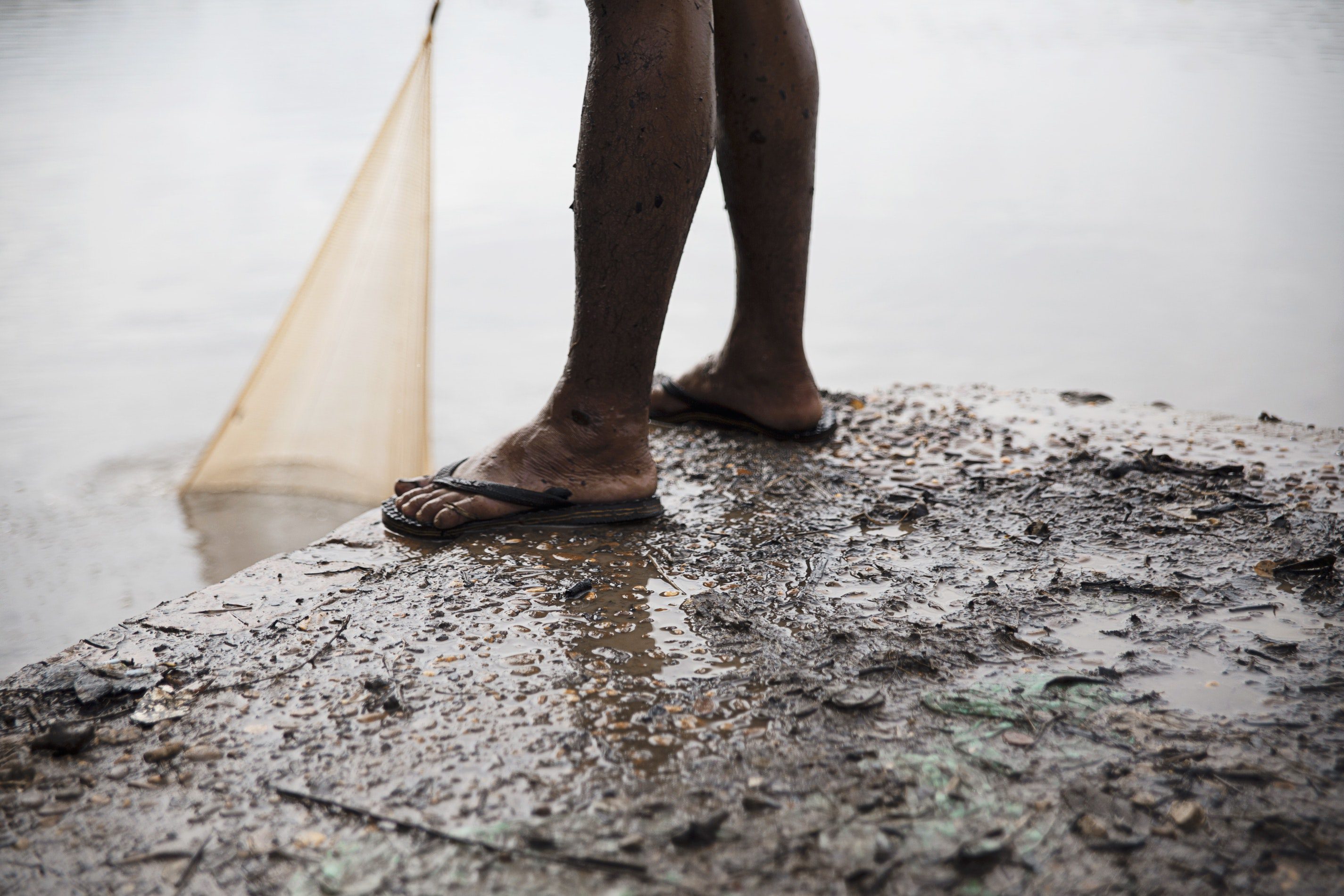The enormity of disasters that accompanies the rainy season in Ghana is always heartbreaking. When it rains, the cost of damage to properties and infrastructures are often immeasurable. It is even more saddening that the concerned authorities in Ghana have not appropriately addressed this problem. Ghanaians, however, must now be more responsible for their own safety by respecting the environment. The country loses millions of dollars in the aftermath of heavy flooding annually. But if the government and the people fail to work together, the impact of heavy downpours will remain fatal.
Graphic Video: The 2015 Accra floods resulted from heavy continuous rainfall in Accra, the largest city in Ghana. The flood was a result of the improper planning of settlement in Accra, choked gutters which block the drainage system, and a few other human factors. — Wikipedia.
On June 4, 2015, hundreds of lives were lost and over 50,000 people were affected by a combination of extreme flooding and an explosion at a fuel sales point in the country’s capital city, Accra. The disaster cost around $55 million, and the government had to spend $105 million on reconstruction following a needs assessment. In August 2018, more than a dozen Ghanaians were also killed in the aftermath of a flood in the country’s Northern Region. And a few weeks ago, the National Disaster Management Organization (NADMO) confirmed five deaths after a heavy downpour, also, in Accra. It is far more worrisome that as a consequence, communities have been made vulnerable to disease outbreaks. If efforts are not made to deploy adequate medical resources to the affected communities, the consequence will multiply, and as such, the results will be grave.
[perfectpullquote align=”right” bordertop=”false” cite=”” link=”” color=”” class=”” size=””]In recent times, both the ministry of works and the National Disaster Management Organization (NADMO) have underperformed in their roles. But the ministry always has in its annual budget, allocations for drainage projects to better prepare for floods.[/perfectpullquote]
Ghanaians are used to dumping refuse in running waters during floods with the wrong notion that the wastes will always settle in lagoons where they will be eventually removed. In reality, this only creates logs of wastes that block canals and major waterways, which are essential to the easy passage of high current waters during floods. Ghanaians should be educated on the dangers of this act, and more importantly, the government must be uptight in renovating sewage and water infrastructures including gutters and canals.
The failure to do this in recent years has forced the government to spend the limited resources that should ordinarily be used for these renovations, on the construction of new ones that will also be left to wear out. The financial cost to trade and commerce is often colossal, too, and this is detrimental to the economies of the affected communities. Resources that people should use to invest in businesses or pay for their children’s education often end up as recovery monies. This should not be the case.
There should be thorough research into possible ways flooding could be better managed. Both the ministry of works and NADMO have failed in this regard despite having allocations for drainage projects to better prepare for floods in their annual budgets. But NADMO has failed to meet this goal. It is evident in the level of damage that could have been prevented if there were proper drainage network in Accra, for instance. These needless disasters could all be avoided if the Ghanaian government collaborates with businesses, Non-Governmental Organizations (NGOs), the private sector, and the public in addressing the problem.
The private sector can contribute to disaster mitigation by donating to first responders and sensitizing the public on the public’s role in flood management. The NGOs can equally provide specialized and professional assistance to victims and lead capacity building in the preparation for floods. Ghana should learn already.
Haleed is a Writing Fellow in at African Liberty. He is currently offering his mandatory National Service in Camfed and can be reached on Twitter @Haleed_Nemo

